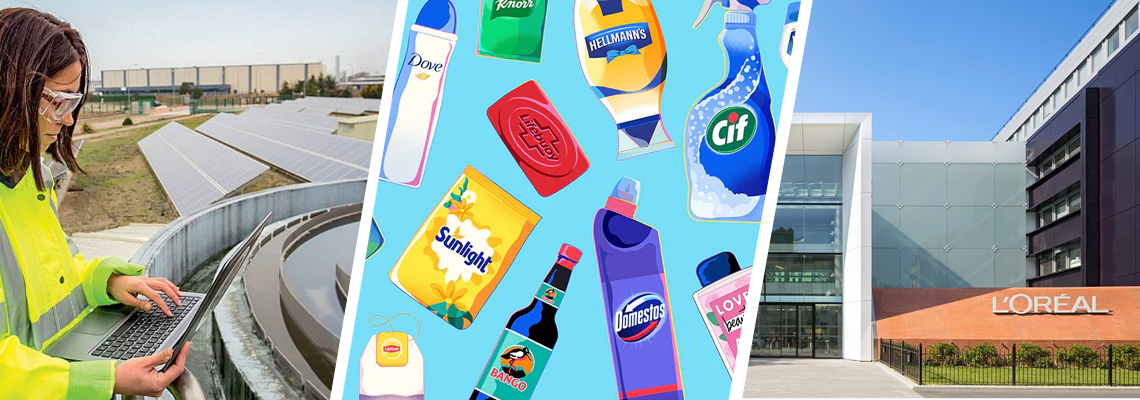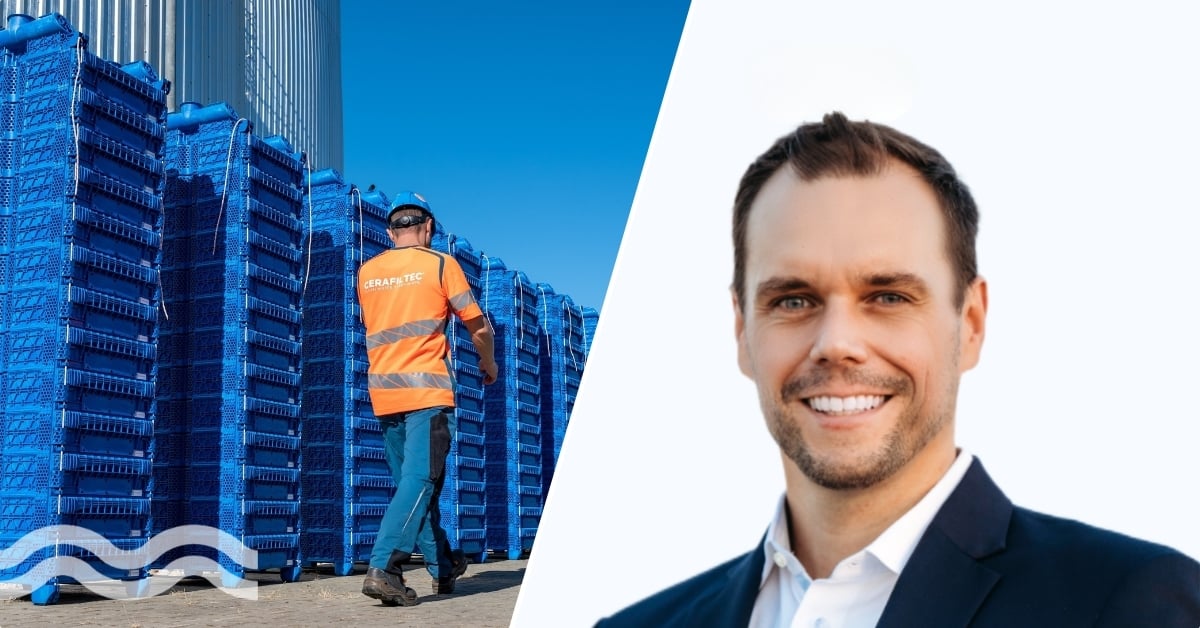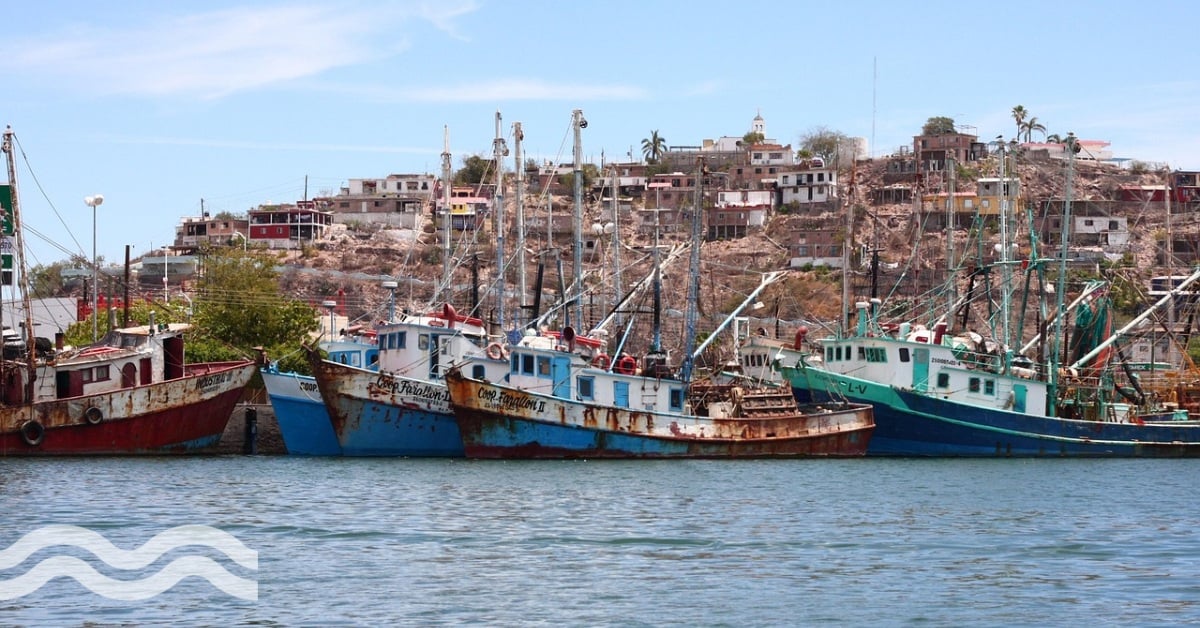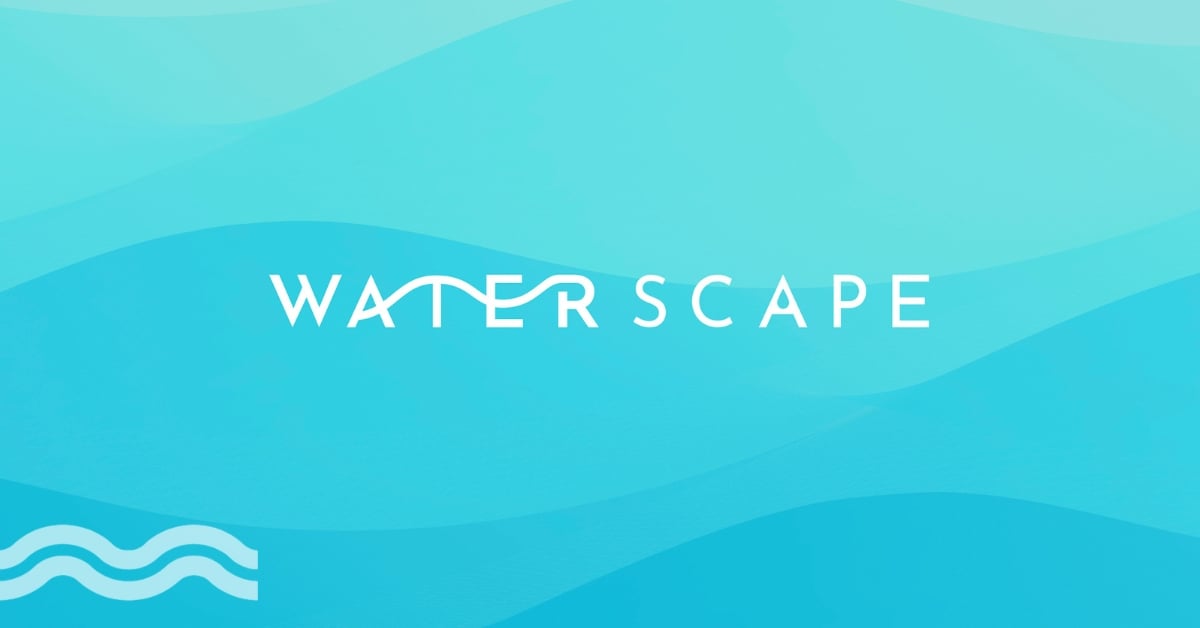Cosmetics giants tackle water use to make their business more beautiful
Water is a key ingredient in almost all cosmetics but is also critical in their manufacturing processes too. With corporate sustainability now at the top of the agenda some of the world’s biggest cosmetics companies are turning up the heat on water use.
Making water use more beautiful
As an odourless and colourless element, water forms a critical component of almost every cosmetic product. Look at any bottle of shampoo, soap or moisturiser.
Serving a whole range of functions from bulking up products to dissolving conditioning agents or emulsifying oils, water has long been the single biggest component of a multi-billion dollar global industry.
“L’Oréal declared that 100 per cent of the water used in its industrial processes will be recycled and reused in a loop by 2030.”
Until relatively recently, water has also been considered a cheap and abundant resource that is free, or cheap to use and exploit indefinitely. Certainly, it would hardly be seen as a premium ingredient to be cherished and valued.
Yet times have changed. The UN Sustainable Development Goals now feature in almost every corporate agenda and the very real business risks of water supply is widely recognised industrial sectors.
As result, the cosmetics and consumer businesses are looking to differentiate themselves from their competitors with a proactive approach to water conservation.
L’Oréal sustainable water strategy
Among the standout examples, L’Oréal is taking a lead on introducing a sustainable water strategy. It has declared that 100 per cent of the water used in its industrial processes will be recycled and reused in a loop by 2030.
The organisation further declared that by 2030, all of its strategic suppliers will also use water sustainably in the areas where they operate. This puts the company far ahead of its nearest rivals which have generally declared for smaller, though still welcome, ambitions on water sustainability.
The company began its programme at its Burgos plant in Spain where it established a wastewater recycling system in 2015.
This installation was subsequently expanded in 2017 under the banner of its ‘Sharing Beauty With All’ initiative.
Establishing the “Waterloop” factory
Following the 2017 upgrade, the Burgos plant became the group’s first "waterloop factory" in which all of the water used in its industrial processes including that used for cleaning tanks, producing steam and for utilities is cleaned and recycled on site in a closed loop.
The process relies on a combination of technologies such as reverse osmosis, ultrafiltration and evaporation processes in a zero liquid discharge (ZLD) approach. The only water extracted from the public water supply is used within the composition of its products or for its employees.
All the water used to run the factory comes from water recycled in a loop on site. At the Libramont factory, which specialises in creating hair colour products for the European market, the waterloop investment enables the recycling of an average of 200 m³/day of water per day or some 60 million litres per year.
"Water, as an essential component in creating and using our products, is central to our business. Our ability to operate effectively and meet all the needs of our consumers depends on sustainable water access."
Subsequently, several more of the company’s installations have been switched to waterloop processes. The Libramont factory in Belgium became the fourth after the Settimo plant in Italy, and the Vorsino facility in Russia, became waterloop factories in 2018. A fifth factory in Mexico City is set to be the next to become a waterloop installation.
“At L’Oréal, water, as an essential component in creating and using our products, is central to our business. Our ability to operate effectively and meet all the needs of our consumers depends on sustainable water access, management and conservation. Product innovation will play a vital role in our efforts to conserve this valuable resource,” the company said in a statement.
Its initiatives allowed it cut water consumption by 51 per cent between 2005 and 2019, a reduction of 33 per cent in absolute terms even while production increased by 37 per cent over the same period.
A new age for beauty products
Other giants like Unilever and Proctor and Gamble, for example, are also taking action on water. Unilever made water one of its Sustainable Living Plan pillars and aimed to halve the water associated with the consumer use of its products by 2020.
Beyond the giants though, even much smaller players in the cosmetics sector are also looking at novel ways to cut water use.
For example, BABOR has utilized a microfiltration system in its production facilities since 1998 to recycle water by separating out oils and other waste. This saves around 15,000 litres of water per day.
Even more fundamentally, a whole raft of new products are emerging, such as solid beauty bars or powder cleansers, that significantly cut down on industrial water use.
Given wholehearted backing from consumers in their purchase of more sustainable products, even the most ambitious efforts of the manufacturers are surely set to be dwarfed.
Related content
- Nike cuts freshwater use by 30% but admits work to do
- CDP reveals water a-listers, but we should avoid "a rating game"
- Making 50 litres of water feel like 500
Loading component...
We promise never to send you spam and you can unsubscribe at any time!



